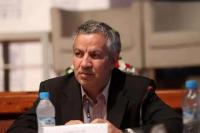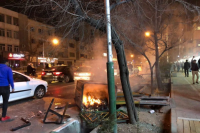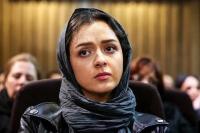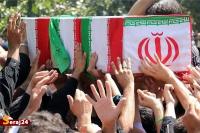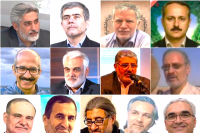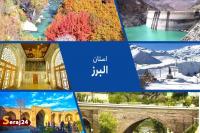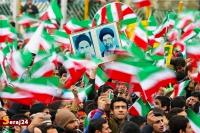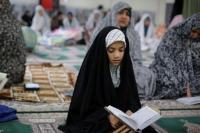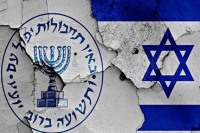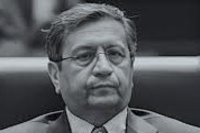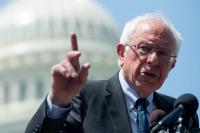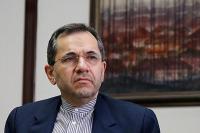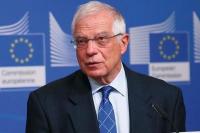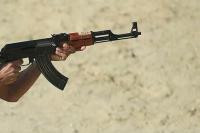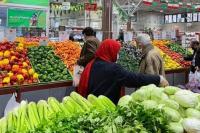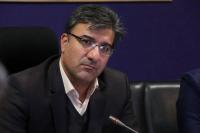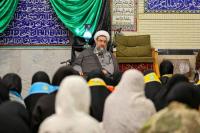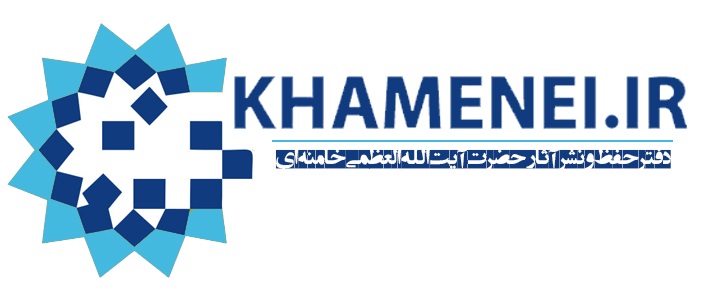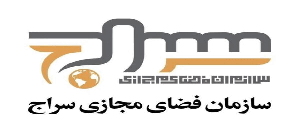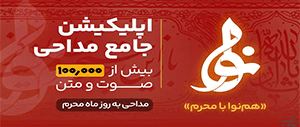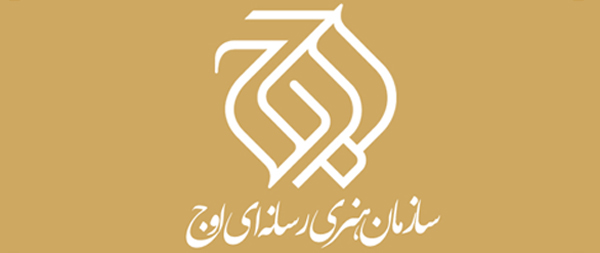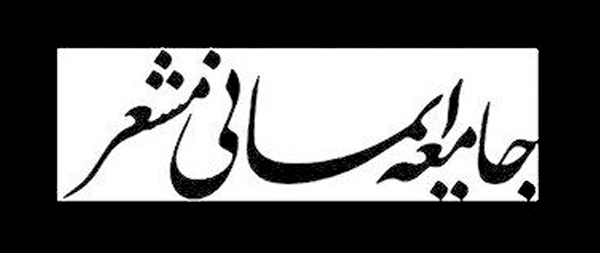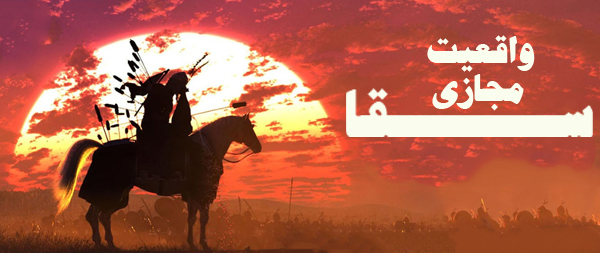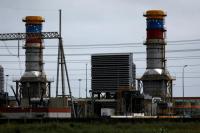
"Last Iranian year was accompanied with difficulties for Iran and the West increased its anti-Iran sanctions," Iranian Ambassador to Russia Reza Sajjadi said, addressing a ceremony on the occasion of Nowrouz festivities.
He noted that despite the intensification of sanctions against Iran, "our country managed to successfully resist against their pressures".
Sajjadi noted that the Iranian nation turned the sanctions into an opportunity for making further progress, and said, "Sanctions did not have any influence on the will of Iranian nation and government and nothing can prevent Iran from making progress in different fields."
Washington and its Western allies accuse Iran of trying to develop nuclear weapons under the cover of a civilian nuclear program, while they have never presented any corroborative evidence to substantiate their allegations. Iran denies the charges and insists that its nuclear program is for peaceful purposes only.
Tehran stresses that the country has always pursued a civilian path to provide power to the growing number of Iranian population, whose fossil fuel would eventually run dry.
Despite the rules enshrined in the Non-Proliferation Treaty (NPT) entitling every member state, including Iran, to the right of uranium enrichment, Tehran is now under four rounds of UN Security Council sanctions and the western embargos for turning down West's calls to give up its right of uranium enrichment.
Tehran has dismissed West's demands as politically tainted and illogical, stressing that sanctions and pressures merely consolidate Iranians' national resolve to continue the path.
Tehran has repeatedly said that it considers its nuclear case closed as it has come clean of International Atomic Energy Agency (IAEA)'s questions and suspicions about its past nuclear activities.



